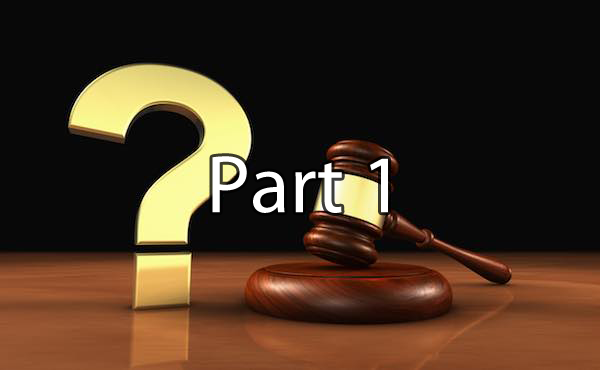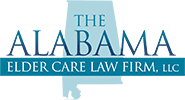
This is a very common situation and one that we answer questions about regularly. Don’t assume that you know the right answer! Unless you graduated from law school, passed the Bar and practice law in the probate area, chances are you might be mistaken!
When a person dies, usually they leave something behind, called their “estate”. A typical estate might be composed of a house, a car, bank accounts, investments, household belongings, maybe a business interest, collectibles and sometimes other real estate.
It is important to understand who these assets will belong to and how they might be transferred to the new rightful owner.
Assets pass three ways: The first is if there is a joint-owner on the asset. Many spouses own their homes, cars, bank accounts and investments jointly, so the surviving spouse automatically gets the assets. There is nothing required in the probate process to make this happen.
The second way assets can be passed is if they have a beneficiary named. Life insurance, IRAs, annuities and bank accounts with a Transfer (or Pay) on Death designation are examples. The asset will pass to the named beneficiary upon proof of the beneficiary’s identity and possibly completion of a beneficiary claim form. There is nothing required in probate for these assets to pass either.
The third way assets can be passed is if the deceased owned an asset and did not have anyone else on the title and didn’t have any beneficiary named. These are called “Probate” assets. These are the assets that must go through a formal probate process in order to pass to the new, rightful owner. When a married couple dies, or when the first spouse died previously and the surviving spouse never did anything to change the title to the home, the house must go through probate for the children to own it, for example. When a parent dies and has not added a child to their CD or bank account, those assets must go through probate in order to become the child’s property.
What IS Probate?
Probate is the name for the court’s process for accepting a person’s Last Will and Testament, officially appointing the named Executor to their role and then supervising the Executor so that the terms of the Will are followed and all beneficiaries are accounted for. The process takes a minimum of 6 months but realistically takes closer to a year from start to finish. It is during this process that a deceased person’s “estate” is distributed to the heirs named in the Will.
What if a person dies without a Will?
Many people die without having a Will, so the State has written one for you, in a way. At death, if a person has no Will, his or her estate will go through a process called “Administration of the Estate” and the Court will appoint an Administrator to follow Alabama law and distribute whatever assets remain. The family often loses all control over the estate if the county appoints the County Administrator to handle the process. This process takes much longer and costs much more than dying with a Will. Administration can cost thousands of dollars whereas having a valid Will might only cost several hundred dollars. There is no valid reason for not having a Will, even if you are a young single adult!
What about assets in other states?
If you own a beach house in Florida or a cabin in North Carolina, you may have to go through probate not only here in Alabama but also in every state where you own property. This can more than double your estate’s probate expenses, so finding ways to avoid probate in one or more states can save lots of money for your family.
Can Probate be avoided?
Short of living forever, the answer is “yes”! Probate can be avoided with proper planning and follow-through. The use of Trust planning is one way to avoid probate, when properly done. We don’t recommend those mail-order or web-based trust mills to help you set this up though. Having a local attorney with whom you have a personal relationship and who is accountable to you is a small price to pay for the certainty of knowing your plans will be carried out in the way you intended.
Summary
Whether you are named as an Executor or simply as one Beneficiary, understanding your role is important. Our firm works extensively in the probate area of the law. If we can help you and your loved ones during this difficult time, please reach out to us.
©2018 Nolan Elder Law, LLC
William G. Nolan
Nolan Elder Law & Estate Planning, LLC
1232 Blue Ridge Blvd.
Hoover, AL 35226
205/390-0101
www.ElderLawAlabama.com
